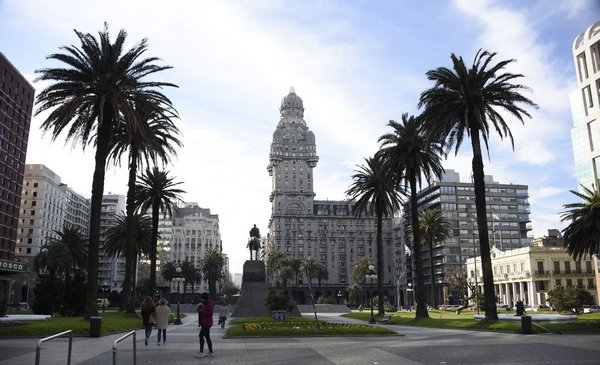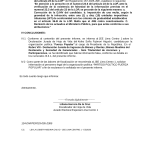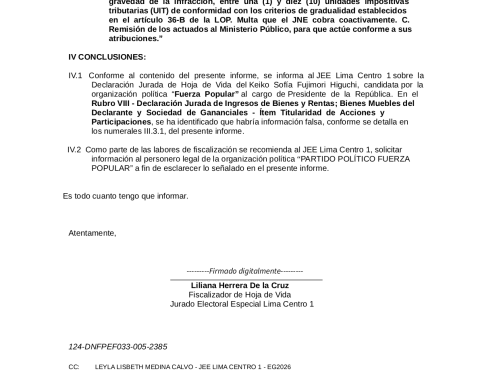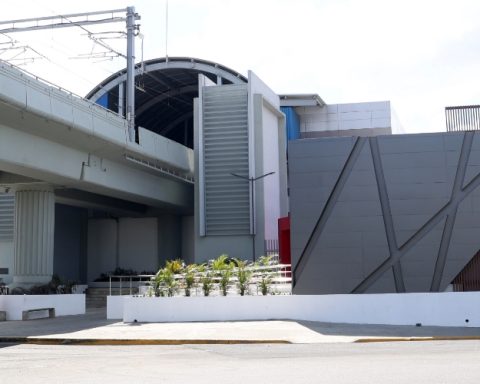On February 10, the Economist Intelligence Unit (EIU, an independent business unit of The Economist magazine that analyzes countries and markets) published the Democracy Index 2021, a ranking that measures the state of democracy in 167 countries based on the transparency of its electoral process; political culture; the degree of pluralism; the functioning of the government; political participation; and respect for civil liberties. According to the score obtained, each country can be placed in one of these four categories, ranging from more democratic to less: Full democracy; flawed democracy; Hybrid regime and authoritarian regime.
According to the EIU, Uruguay obtained 8.85 points and was ranked among the only 21 full democracies in the world, specifically in the 13th position, between Canada (8.87) and Luxembourg (8.68). From Latin America, only Costa Rica, with 8.07 points and the 20th position, is part of the group of full democracies together with Uruguay. Globally, the strongest democracies are Norway (9.75), New Zealand (9.37), Finland (9.27), Sweden (9.26), and Iceland (9.18).
Uruguay’s membership in the set of full democracies in the world is explained by its performance in the pillars that make up the Democracy Index. For the EIU, the Uruguayan electoral process is perfect and qualifies it with 10 points (only 11 among the 167 countries obtained this score). Regarding the performance in the rest of the pillars, Uruguay obtained 9.71 for respect for civil liberties, 8.75 for its political culture, 8.57 for the functioning of its government and 7.22 for its political participation. Except for this last case, where Costa Rica surpasses it by 0.56 points, in the rest of the pillars Uruguay obtained the best score for any country in the region.
The evolution of Uruguay in the EIU Democracy Index has been favorable since 2006. That year it obtained its lowest score (7.96), but it has grown steadily since then (except in 2018, which went from 8.17 to 8.12). In the measurements of the last 3 years, a more pronounced advance is observed: 8.38 in 2019, 8.61 in 2020 and 8.85 in 2021. In the latter case, the EIU report places Uruguay among the 10 countries that improved the most in the last year (the other nine are Singapore, Zambia, Indonesia, Qatar, Moldova, India, Democratic Republic of the Congo, Montenegro and Guyana).
In addition to Uruguay and Costa Rica, which are the only full democracies in the region, in the second category, that of defective democracies (Flawed democracy), seven Latin American countries were placed: Chile (25th), Brazil (47th ), Panama (48th), Argentina (50th), Colombia (59th), Dominican Republic (60th) and Peru (71st). The most worrying case among these countries is that of Chile, which ceased to be a full democracy (a condition it had reached in 2019 and 2020), to once again become a defective democracy.
Seven other Latin American countries also belong to the third category, that of hybrid regimes: Paraguay (77th), El Salvador (79th), Ecuador (81st), Mexico (86th), Honduras (92nd °), Bolivia (98°) and Guatemala (99°).
Finally, among the countries characterized as authoritarian regimes (Authoritarian regime) only three were located: Nicaragua (140th), Cuba (142nd) and Venezuela (151st). In these last three cases, the EIU considers that the transparency and plurality of its electoral processes are non-existent (0.00).
In this way, Latin America obtained an average of 5.83 points. That is, if it were a country, it would be under a hybrid regime.
Outside of Western Europe and North America, Latin America is the region with the highest average score, but its historical lead over Asia and Eastern Europe has been shrinking. In fact, it is the first time that Latin America has placed an average below 6 points (5.83) and has not stopped falling since 2015, when it obtained an average score of 6.37. To a large extent, the fact that only two countries in the region have improved their score compared to 2020 (Uruguay with +0.24 and the Dominican Republic with +0.13), is evidence of the crisis facing democracy in Latin America.
Finally, the Democracy Index 2021 data for Latin America is not necessarily bad, but it reflects how far from ideal it is. Although nearly 80% of the region’s population lives under regimes considered democratic according to the Democracy Index classification, only 1.3% of the population of Latin America lives in full democracy, which are the cases from Costa Rica and Uruguay.


















